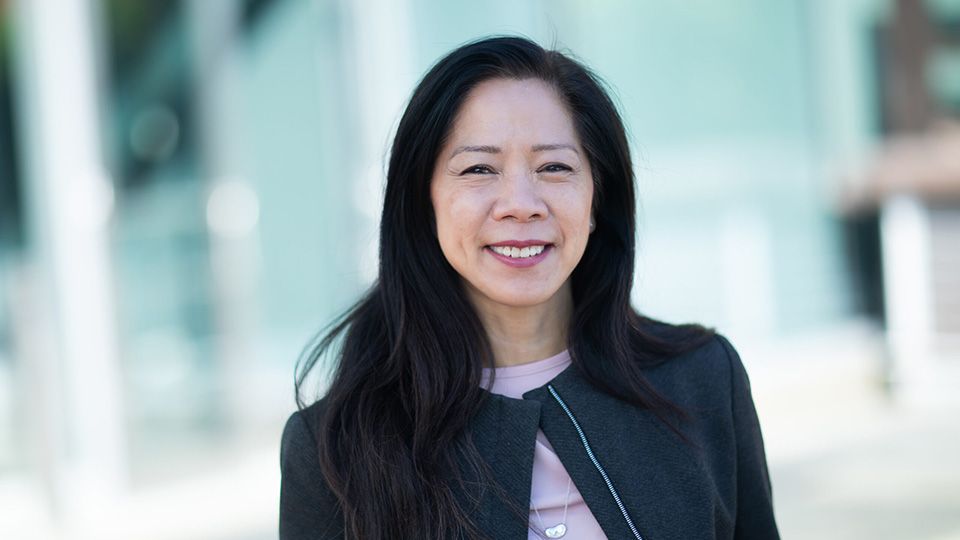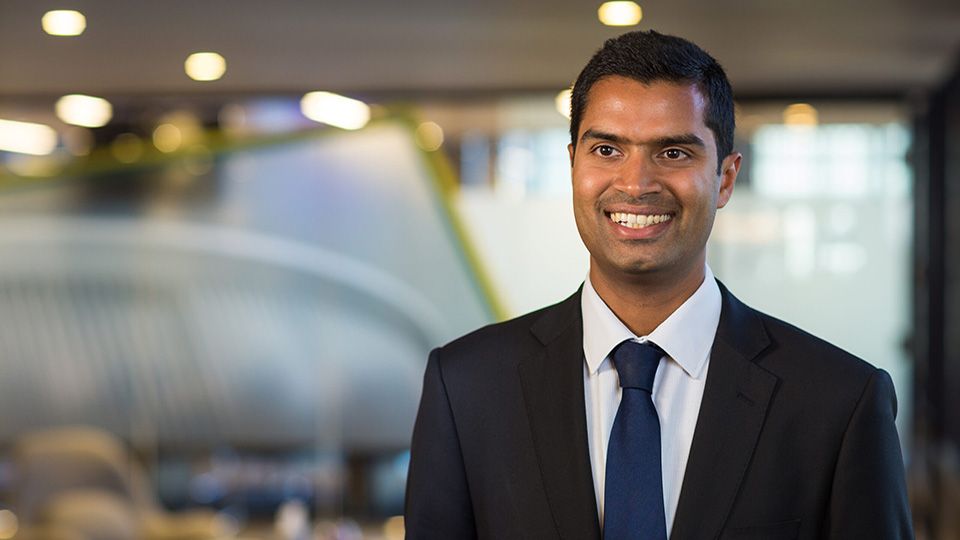Mike Webb joined Rathbones Unit Trust Management in 2010 as chief executive, having worked as head of business development for Hermes Fund Managers. Having clocked up some 25 years in the industry, ESG Clarity asked how attitudes towards sustainable investing have shifted and what the future holds for his division of Rathbones plc.
How do you think attitudes to sustainable investing have changed in recent years?
Back in September 2015, the landscape really began to change in the ESG space, with the launch of the UN sustainable development goals (SDGs). I believe that positive impact ESG investing is going to change the landscape. Typically, ESG investing was the bailiwick of negative screening only and therefore had two ends of the spectrum but no middle.
There were funds screening out very large parts of the stock universe purely on the basis of a negative screen. That appealed to a limited number of people, but you were giving up investment returns for knowing you were investing in companies that did no harm.
At the other end of the spectrum, you had things like renewables, wind farms, etc., that were either in the VC spectrum, and therefore appropriate for higher-risk investors, or in the philanthropy arena where returns were not as important. Then everything started to change.
What has changed from a corporate perspective, would you say?
Companies, had previously not thought about the impact they are having on the environment or on society. But from an investment perspective, badly managed businesses can lose enormous quantities of money overnight. Mainstream investors are now beginning to look at this.
The key difference for us is that we haven’t just interpreted the SDG goals. In our investment process, we have broken down the different areas of employment, the environment, human rights, etc. and aligned those as with what the UN was trying to achieve with the SDGs.
Has there ever been a time when your screening process has forbidden the inclusion of an investment in the portfolio?
It happens so rarely that a screening throws up a problem so that you cannot invest in a business.
But we do have staff that engage with companies that are not necessary showing excellent governance – That is something we are doing as part of the Global Sustainability Fund.
In our broader investment process, it is nudging people in the right direction. Let’s say, in the next 20 years, it is my fervent hope, that approaches like those in the Global Sustainability Fund will no longer be necessary.
How have you witnessed attitudes towards sustainable investing change among your client base?
Rathbones, as a whole, is a substantial wealth manager in the UK. We get feedback from clients all the time. What is interesting is when we produce a stewardship report because the level of feedback is excellent. People are very engaged. We also do a large number of investment insight articles. Whenever we produce anything on sustainable technology, the feedback from our client base is above any sort of normal investment insight piece.
The second issue is that the funds business is a wholesale business, so our clients are financial advisers around the UK. We have gone out to a number of ethical investing businesses – and a number that aren’t – and asked them what they think. They are picking up significantly more interest on the back of the idea that badly-run businesses crucify their shareholder returns.
How has that influenced your corporate strategy?
Most surveys point to the fact that millennial generation is much more interested in how one makes returns than receiving a return. Those millennials until quite recently have not had a lot of money, but the trickle down of IHT will be significant. When we try and launch something, we do so because it has legs. All of the pointers that we have point to this being an area of deep interest.
What do you consider to be priorities for future corporate investment?
We recognise that it is going to become more important to put more investment in the corporate governance stewardship programmes that we run for the mainstream part of the businesses and integrating the whole ESG long-term interest for shareholders into the mainstream investment process.
What is the story that journalists are not writing?
The main area is the rise of ETFs and passive. Passive funds by their very nature are going to own every stock in every sector. The more powerful that passive becomes the more powerful that ETFs become, and potentially, the less that management of companies will have to worry about the impact of social, environmental and governance.
The focus needs to be on governance. There are a few areas of the market such as tobacco, pornography and defence stocks where the negative view of the industry they are in is going to be incredibly difficult, so producing good governance seems to be terribly important.








